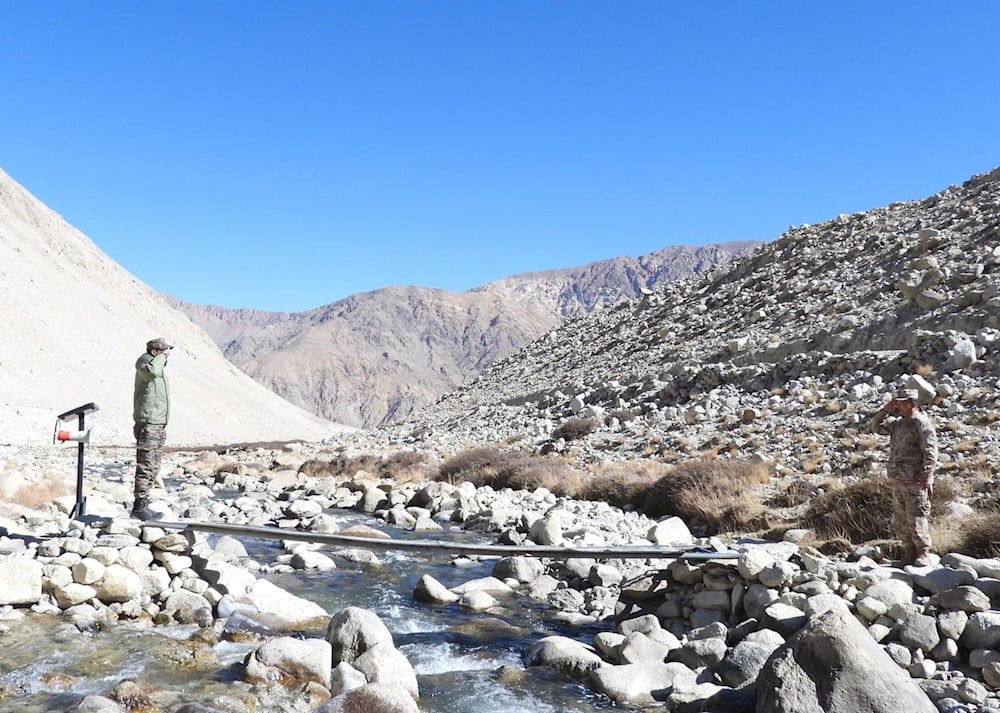Indian army resumes patrols along disputed border with China
Indian Foreign Minister Subrahmanyam Jaishankar confirmed that recent disengagement agreements are "currently in the process of being implemented."
-

The resumption of patrolling comes two days after the two armies exchanged sweets at border points along the LAC Thursday, also the Diwali day. (X/SpokespersonMoD)
For the first time since deadly clashes in 2020, the Indian Army has resumed patrols at one of the disputed friction points along its border with China, a significant step toward easing tensions between the two nations.
The resumption follows an agreement between India and China to restore patrolling rights and reduce military standoffs, as announced last month ahead of the BRICS Summit in Kazan, Russia.
The Indian Army confirmed the patrol in Depsang, one of the contested areas, in a statement from its 'Fire and Fury Corps' on social media, describing it as a "positive step toward maintaining peace and tranquility" along the Line of Actual Control (LAC).
The development follows a recent disengagement in both the Depsang and Demchok regions, allowing the Indian Army to access areas it hadn’t reached since early 2020.
Both nations are also negotiating arrangements in other disputed areas along the LAC, such as the Galwan Valley, Pangong Tso, and Hot Springs, with measures in place to prevent future face-offs.
Agreements come into force
Indian Foreign Minister Subrahmanyam Jaishankar, speaking in Canberra, Australia, affirmed that recent disengagement agreements are "currently in the process of being implemented."
The agreements involve coordinating patrol timing and frequency to avoid direct confrontations along the ill-defined border.
"It's a positive development," Jaishankar said, adding that other challenges remain in managing the complex India-China relationship.
Read more: India and China strike landmark agreement to resolve border dispute
The progress was further reinforced during a bilateral meeting between Indian Prime Minister Narendra Modi and Chinese President Xi Jinping at the BRICS Summit.
Modi stressed the importance of addressing differences without allowing them to disrupt regional peace, while Xi affirmed cooperation, describing China and India as "development opportunities rather than threats" for each other.
The two leaders agreed to have their foreign ministers and national security advisers meet for further discussions on disengagement and cooperation.

 2 Min Read
2 Min Read








